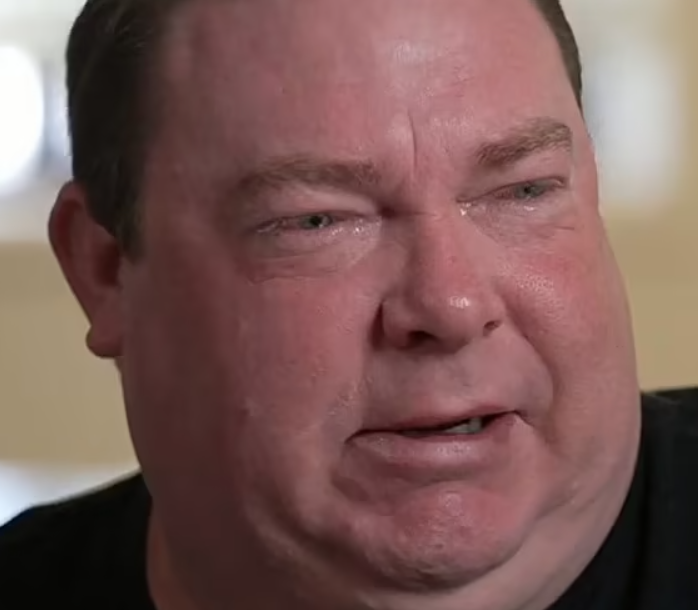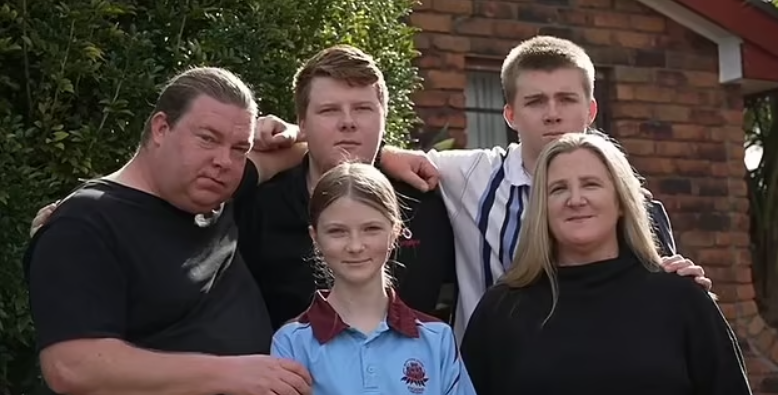We Lived Here For 13yrs: British Man Cried Profoundly After He Was Given 35 Days To Leave Australia With His Family Despite Living In The Country For Long (Video)

A family’s life has been turned upside down as they face the heartbreaking prospect of leaving Australia within a short 35-day notice. Nathan and Emma Mills, who have considered Australia their home for the past 13 years, are devastated by the immigration issues they now confront. Originally from the UK, they arrived in Australia in 2010 with their two young children and have since welcomed a third child who is a proud Australian citizen.
After settling in the Sutherland Shire, south of Sydney, the Mills family has built their lives and established deep roots in the community. However, despite their efforts to secure a permanent visa, they find themselves on the verge of being forcibly separated from the place they call home. In a distressing turn of events, Emma received a letter from the Home Affairs Department informing them of the urgent need to leave Australia within 35 days, under the risk of detention and deportation.

Emma expresses her profound shock and despair, saying, “Being given such a short time to uproot our lives and leave the country is unimaginable. It’s not even an option for us. This situation has profoundly shattered our family, and as a mother, it is heart-wrenching to be unable to provide my children with the assurance and stability they deserve for their future.”
Since receiving the notice, the family has been granted bridging visas, keeping them in a state of uncertainty as they await a resolution. They have been advised against leaving Australia during this period. Nathan, unable to be by his mother’s side when she fell seriously ill in the UK, recounts the overwhelming devastation of not being able to support his aging father and sick mother during a challenging time.
Adding to the problem, the family recently learned that their children’s school enrollments have been invalidated due to the cancellation of their visas. Despite their son Harry being halfway through his important Higher School Certificate exams, and their daughter Daisy Grace being born and raised in Australia, their educational journey has been abruptly halted.

Emma shares their attempts to navigate the immigration system, having made three unsuccessful applications for permanent residency. They applied for a carer visa based on the support they provide to Emma’s father, but unfortunately, their application was rejected. Their hopes were briefly reignited when they won an appeal in the Administrative Appeals Tribunal, believing it would grant them the carer visa. However, to their dismay, they received the devastating letter instructing them to leave the country soon after.
Despite the challenges they face, Emma remains resolute in her determination to fight for their rights and their place in the only home her children have known. She questions the possibility of being forced back to a country that has become foreign to them, as their children have formed their memories and identities in Australia. The Department of Home Affairs website outlines the requirements for a carer visa, necessitating a suitable sponsor who is an Australian citizen, permanent resident, or New Zealand citizen.
While the Department of Home Affairs cited privacy concerns in declining to comment on individual cases, Daily Mail Australia has reached out to them, as well as Immigration Minister Andrew Giles, for their response.




